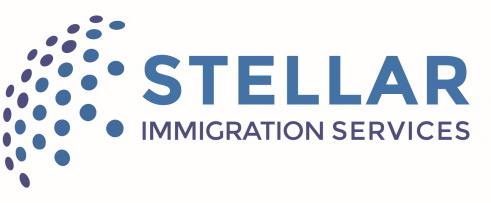The United Kingdom’s Global Talent Visa is a visa category designed to attract highly skilled and promising individuals in various fields, including engineering, to work and contribute to the UK’s economy. Applicants in the field of engineering must usually be endorsed by the Royal Academy of Engineering, although winners of some prestigious prizes [1] do not need to go through the endorsement stage and can apply for a visa straight away.
Obtaining endorsement
The are four routes available for gaining endorsement for the Global Talent Visa in the field of engineering.
Route 1 – Academic and research appointments
This route is for individuals who have accepted an offer of a senior appointment at a UK higher education institution which is approved by the Royal Academy of Engineering. This is for those who have been offered a role as a Professor, an Associate Professor or equivalent. Candidates will require a statement of guarantee from the HR director at the institution to support the application. They must demonstrate that they will be responsible for leading an individual or team to carry out research or innovation projects. This must be a significant part of the role.
Route 2 – Individual fellowships
Applicants who have been offered an individual fellowship can apply via this route. The institution must be on the Royal Academy of Engineering’s approved list. Applicants need to provide a copy of their fellowship award. Individuals who hold a fellowship that appears in the ‘exceptional talent’ or ‘exceptional promise’ list or have held one in the last five years will be awarded fast track endorsement.
Route 3
The third route of the Global Talent Visa is for specialists or researchers whose job title or name is included in a successful grant application. This must be from an endorsed funder who is approved by UK Research & Innovation (UKRI). A list of all endorsed funders and eligible organisations can be accessed on GOV.UK [2]. The grant or award must be for a minimum of £30,000 and cover a period of at least two years.
They also require a dated statement of guarantee on headed paper from the eligible research organisation. It must confirm that the employing organisation is included on the list of eligible organisations and that the applicant is needed in order for the grant or award to be executed.
Route 4 – Peer review
Route 4 of the Global Talent Visa is for individuals who want to be considered for endorsement via a peer review carried out by the Royal Academy of Engineering. Applicants can choose whether to be considered under the ‘exceptional talent’ aimed at leaders in their chosen field, or ‘exceptional promise’ which is for potential leaders at an early stage in their career. This is not a fast-track route and individuals with or without a job offer may apply.
The endorsing body will conduct an eligibility check to check that the applicant is an active researcher, has either a PhD or equivalent experience of research experience and that, in the case of an exceptional promise path, that they are at an early stage in their career. These initial checks do not guarantee endorsement will be granted, just that it will be sent for peer review.
If the mandatory eligibility criteria are met, the application will then be passed on to be peer reviewed by experts in the field. They look at the strength of the evidence provided to decide whether the application proves exceptional talent or promise. Assessors examine the applicant’s body of work, such as research papers, patents, publications, projects, or designs, to assess its quality, significance, and impact in the field.
They consider factors such as originality, innovation, technical proficiency, and any transformative contributions made. They evaluate the level of recognition the applicant has received within the engineering community. This may include prestigious awards, honours, fellowships, or invitations to speak at conferences or events. Such recognition helps establish the applicant’s credibility and impact in their field.
They will also assess the applicant’s leadership abilities, including their capacity to drive change, inspire others, and make an impact beyond their own work. They look for evidence of the applicant’s ability to influence the engineering community, mentor others, or contribute to policy development. They consider the applicant’s collaborations and networking activities within the engineering field, looking for evidence of the applicant’s ability to collaborate effectively with other experts, organisations, or industry partners.
If the applicant is being assessed based on exceptional promise rather than exceptional talent, assessors evaluate the potential for future contributions to the field of engineering. They consider factors such as the applicant’s track record, early achievements, trajectory, and potential for significant impact in the future.
Assessors take into account the letters of support or recommendation provided by experts, peers, or influential figures in the field of engineering. These letters help assessors gauge the applicant’s reputation, the significance of their work, and the level of support they have garnered from respected individuals within the industry.
Resources:
[1] https://www.gov.uk/government/publications/global-talent-eligible-prize-list/global-talent-science-engineering-humanities-and-medicine-prizes
[2] https://www.gov.uk/government/publications/ukri-endorsement-endorsed-funders-global-talent-visa
